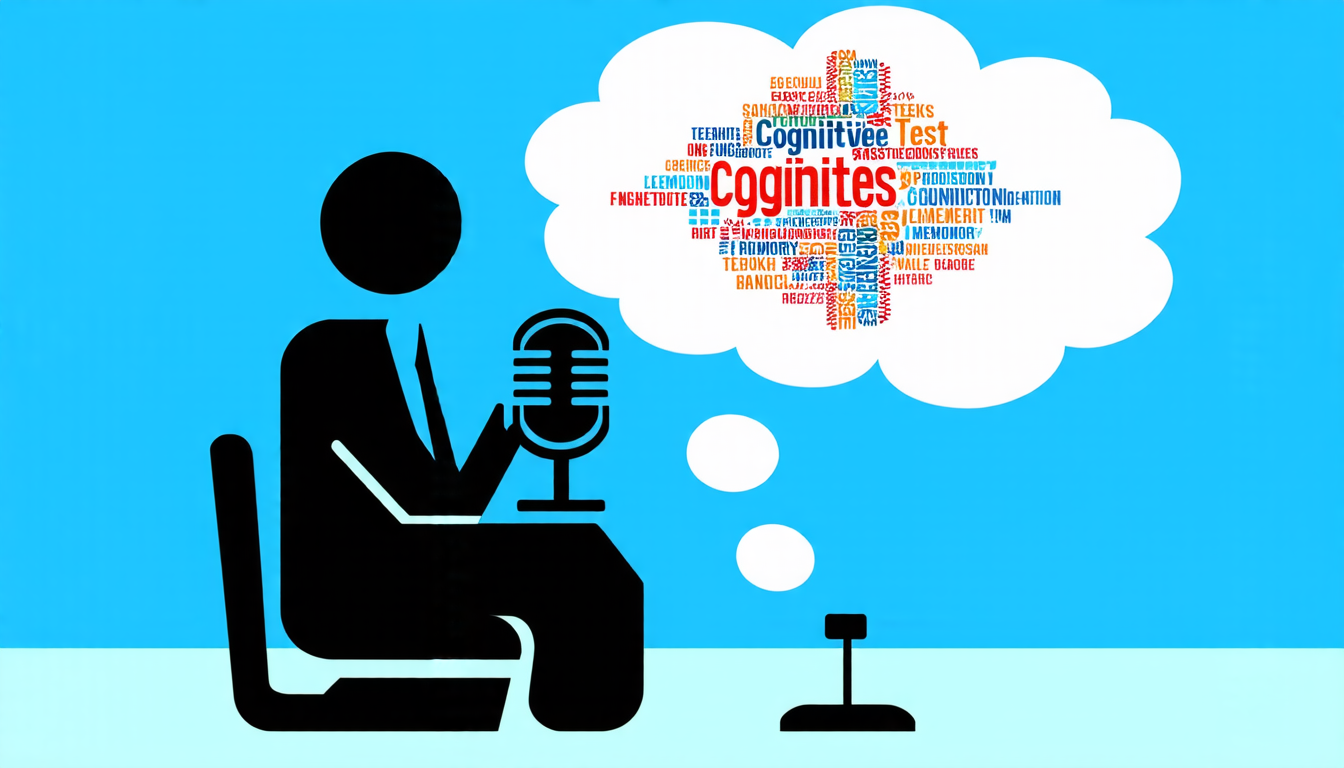Sunday 07 September 2025
The quest for reliable and accurate methods to diagnose dementia has been a long-standing challenge in the medical community. A recent study has shed new light on this issue, highlighting the importance of subgroup analysis and error detection in automatic speech-based assessments.
Researchers at the University of Nuremberg have developed an automated system that evaluates standardized cognitive tests, such as the Syndrom-Kurz-Test (SKT). This test assesses attention and memory functions in patients with suspected dementia. The team used a deep learning model to analyze audio recordings of patients performing the SKT, comparing their results to those obtained by human experts.
The study revealed that while the automated system performed well overall, it struggled when evaluating certain subgroups of patients. For instance, individuals with mild cognitive impairment (MCI) showed lower accuracy rates than those with more severe dementia or no cognitive impairment at all. This discrepancy highlights the need for subgroup-specific evaluation and error detection in automatic assessment methods.
The researchers also discovered that transcription errors played a significant role in the system’s performance issues. In some cases, patients’ speech was misinterpreted due to dialectal variations or background noise, leading to incorrect test scores. This emphasizes the importance of developing robust speech recognition algorithms capable of handling diverse linguistic and environmental factors.
To address these limitations, the team employed various strategies, including grammar-supported scoring and language model filtering. These adaptations improved the system’s accuracy across all subgroups, although the MCI group still exhibited relatively lower performance rates.
The study’s findings have significant implications for the development of speech-based dementia assessments. By acknowledging the importance of subgroup analysis and error detection, researchers can work towards creating more accurate and reliable diagnostic tools. This will ultimately benefit patients by providing earlier and more effective treatment options.
Furthermore, the research highlights the need for continued advancements in artificial intelligence (AI) technology to improve its ability to analyze complex human behaviors like speech. As AI becomes increasingly integrated into healthcare systems, it is essential that these algorithms are capable of handling the intricacies of human communication.
In summary, this study demonstrates the significance of subgroup analysis and error detection in automatic speech-based assessments for dementia diagnosis. The results emphasize the importance of developing robust AI algorithms that can accurately interpret diverse linguistic and environmental factors to improve diagnostic accuracy and patient outcomes.
Cite this article: “Unraveling Dementia Diagnosis: The Importance of Subgroup Analysis and Error Detection in Automatic Speech-Based Assessments”, The Science Archive, 2025.
Dementia Diagnosis, Automatic Speech Assessment, Subgroup Analysis, Error Detection, Artificial Intelligence, Machine Learning, Deep Learning, Natural Language Processing, Cognitive Impairment, Language Models







